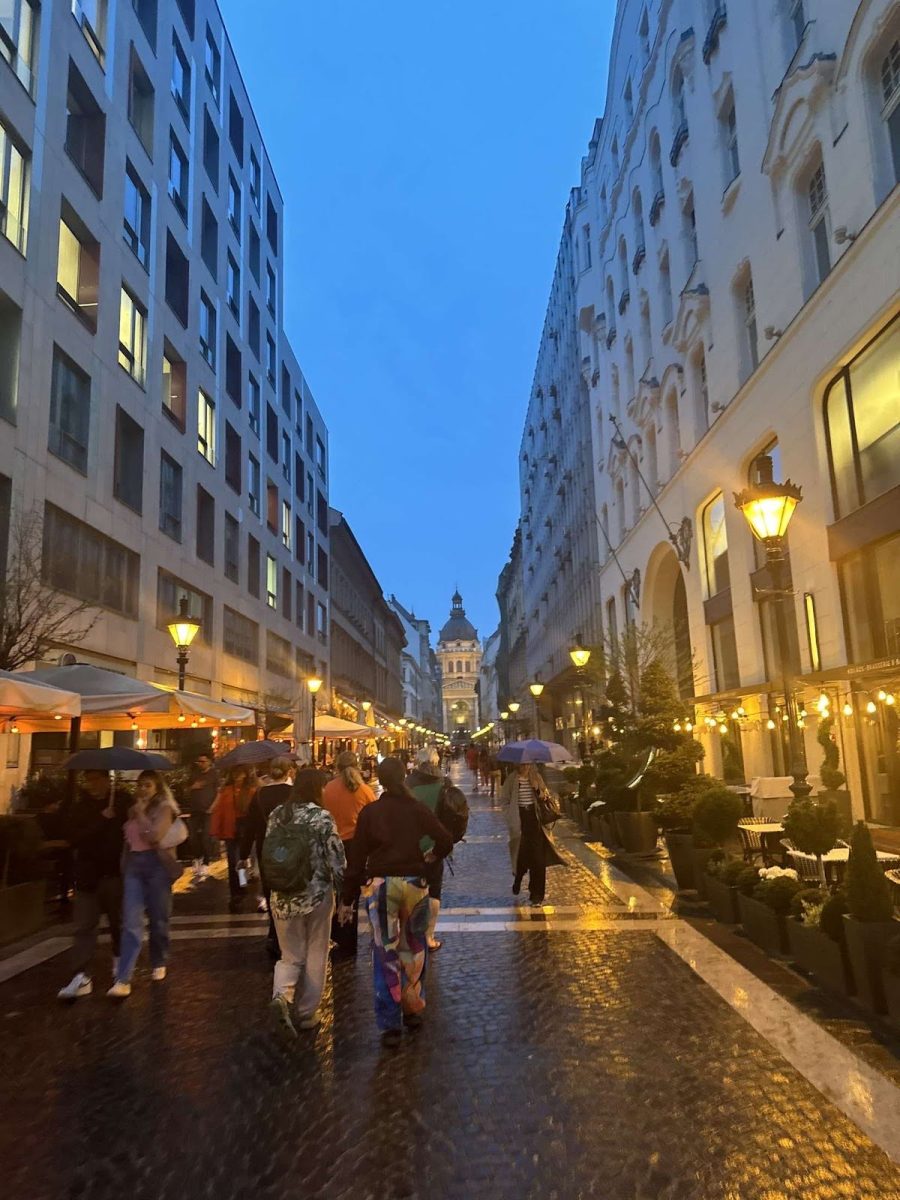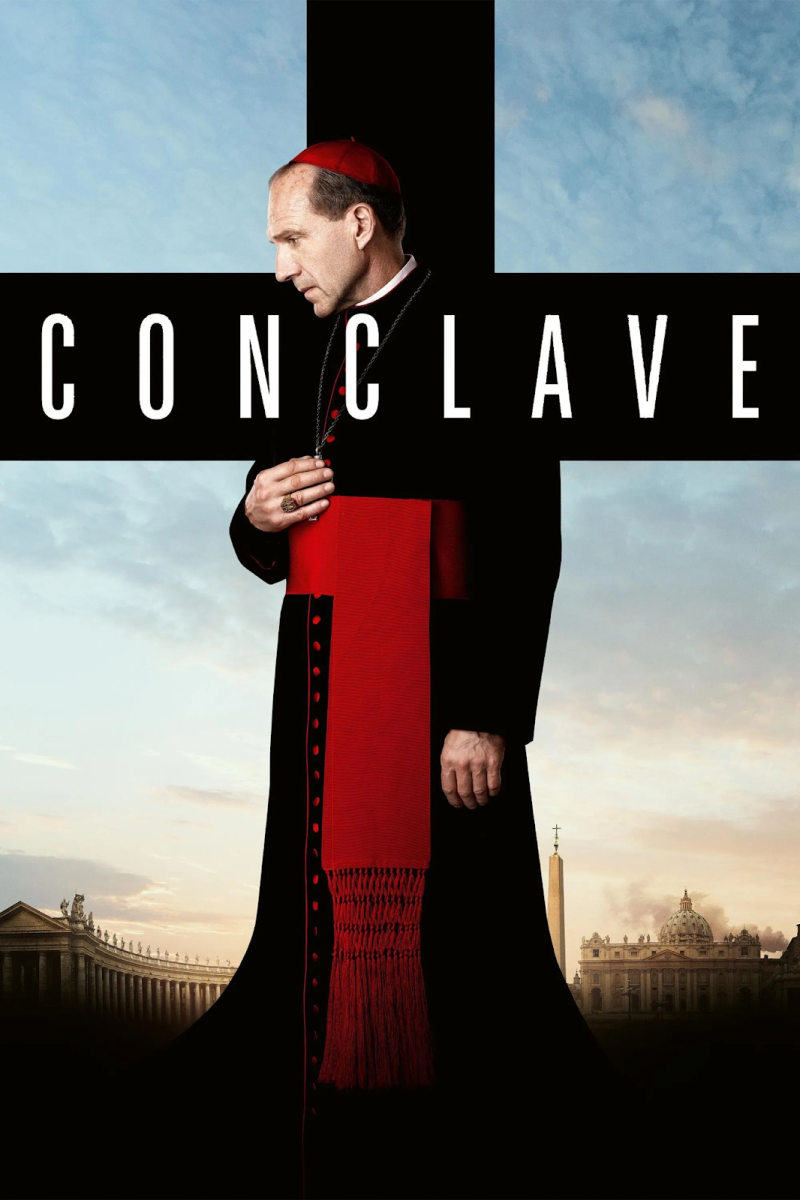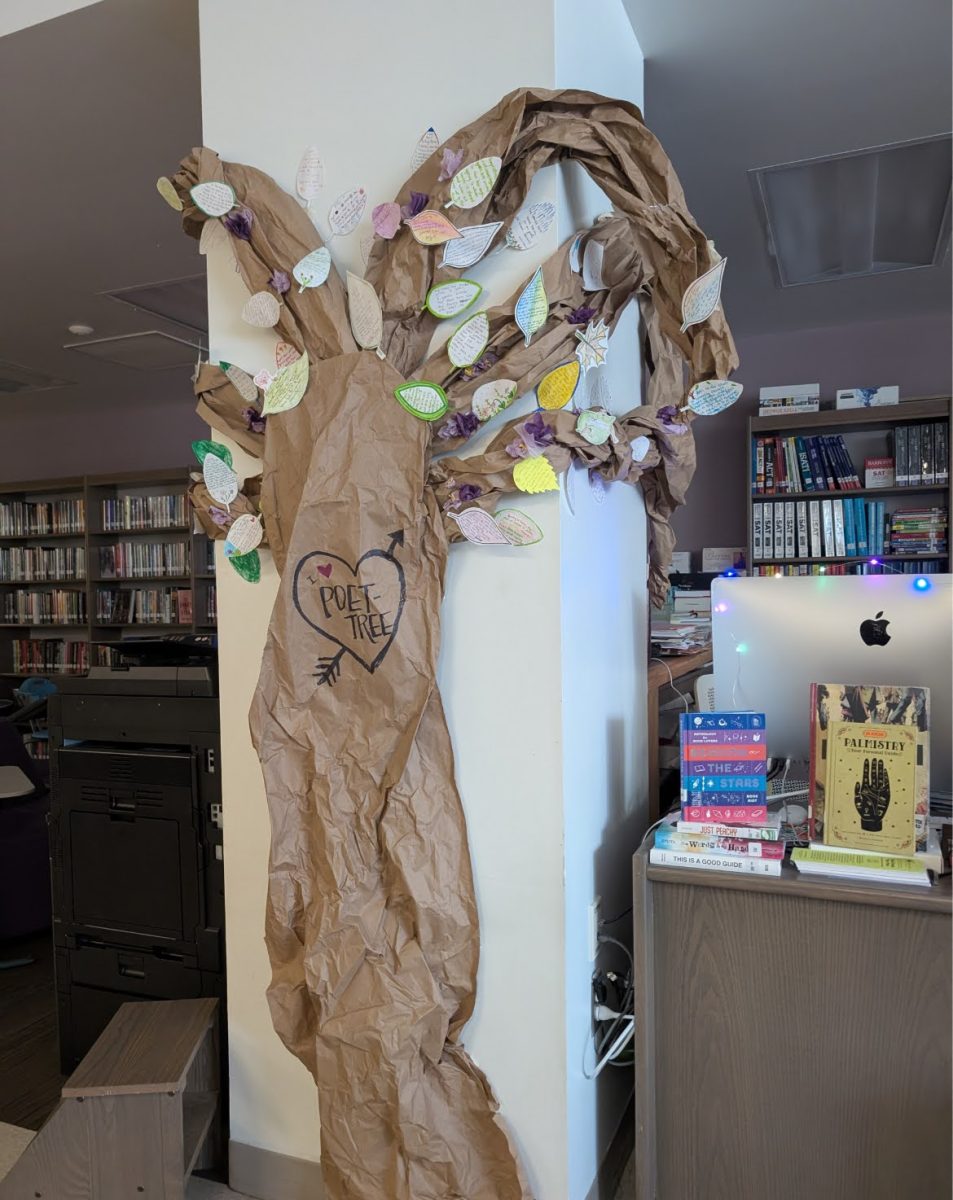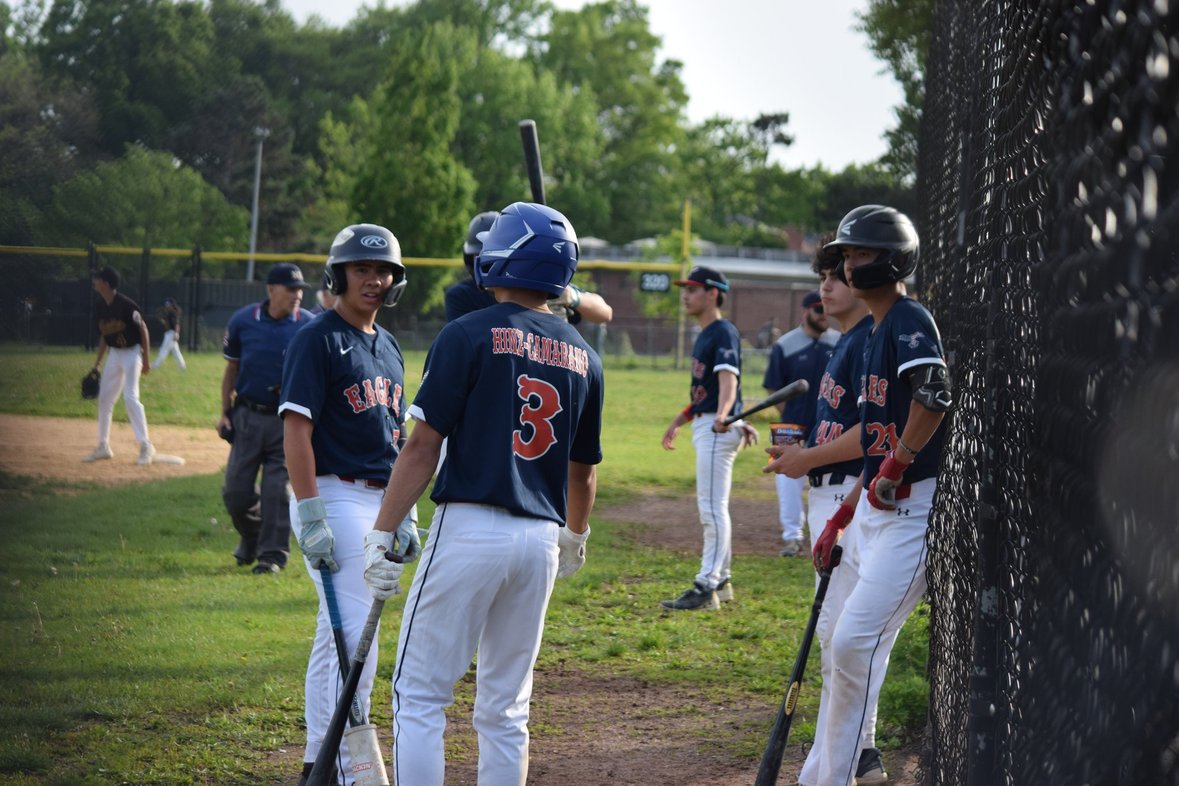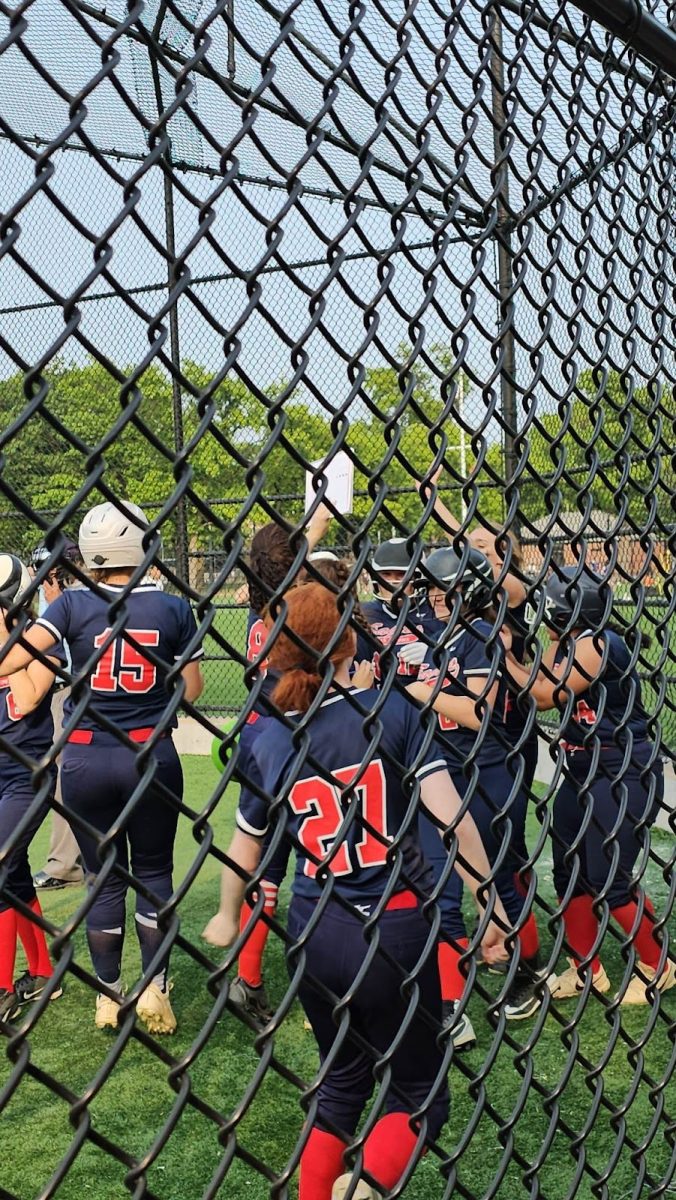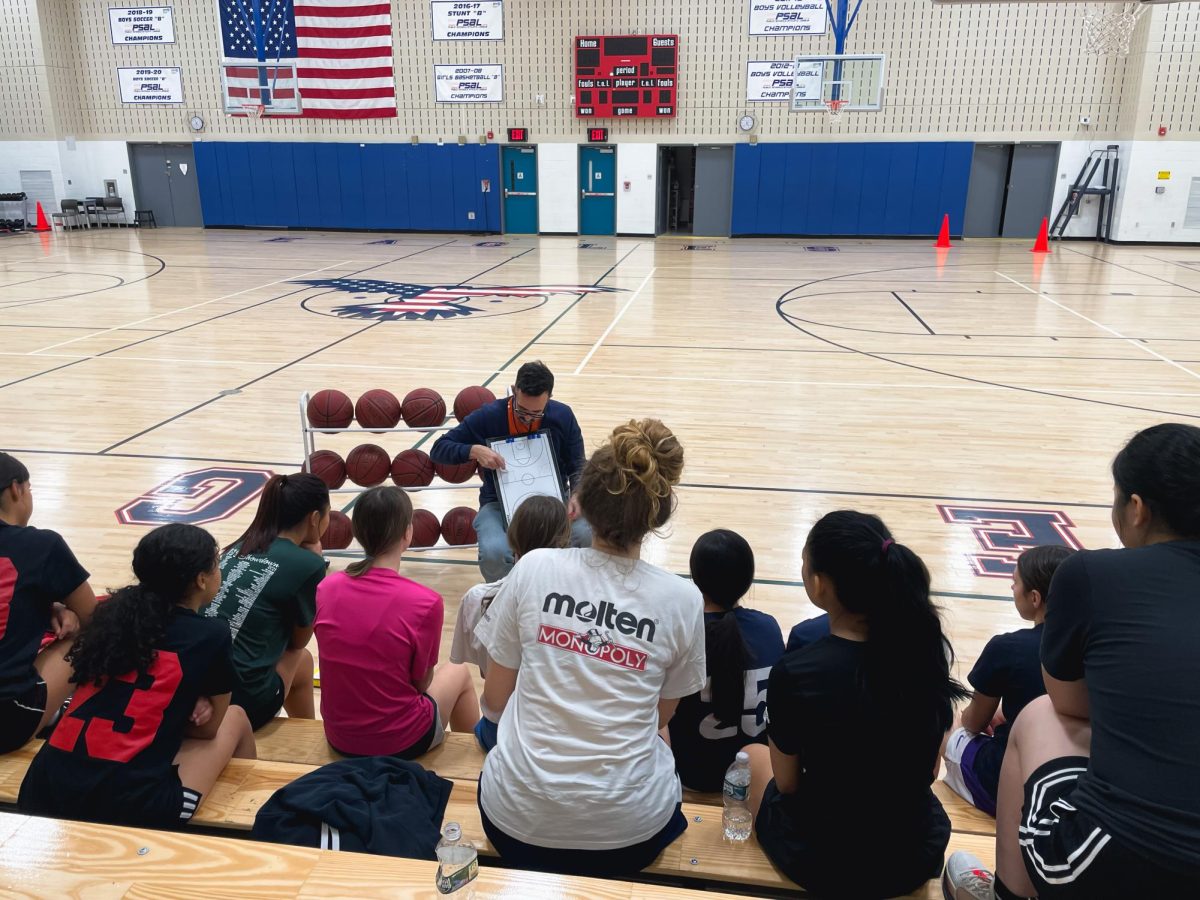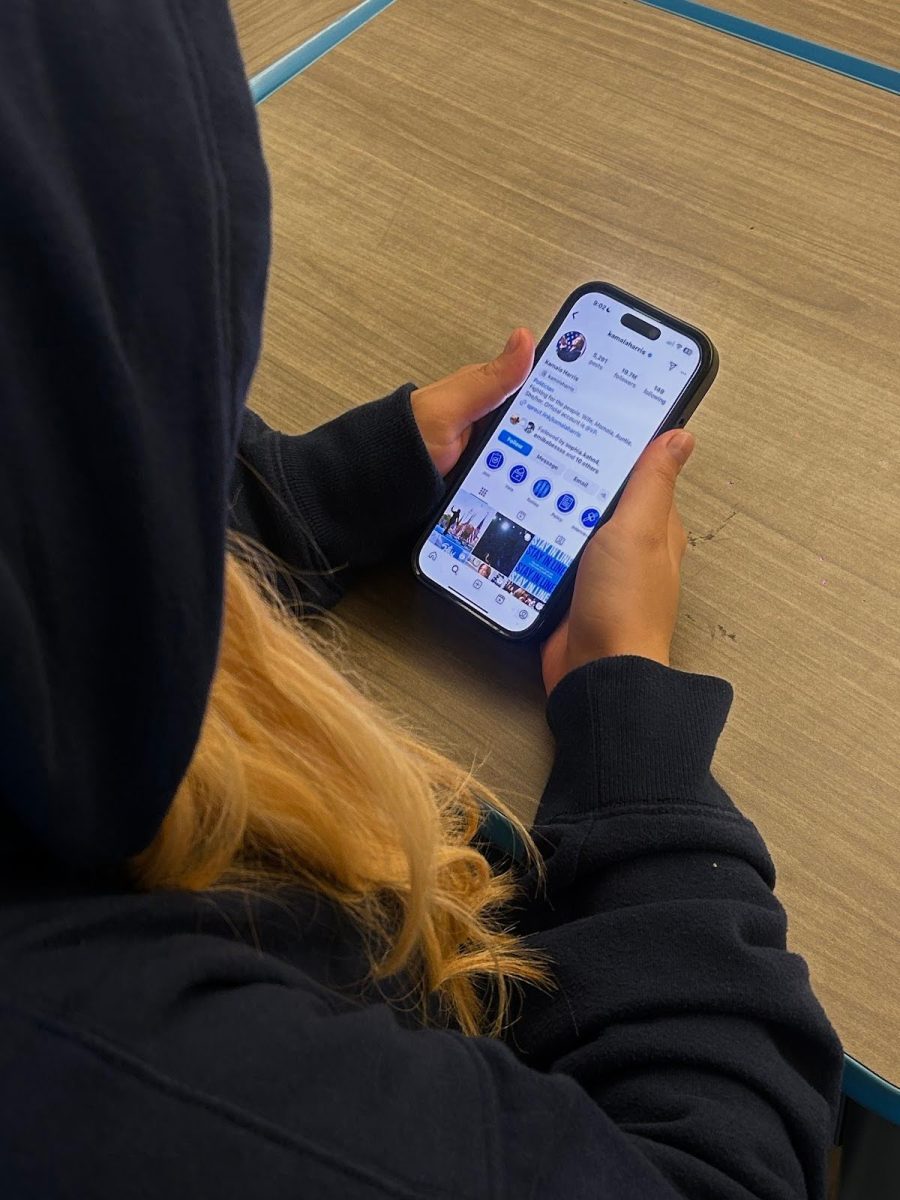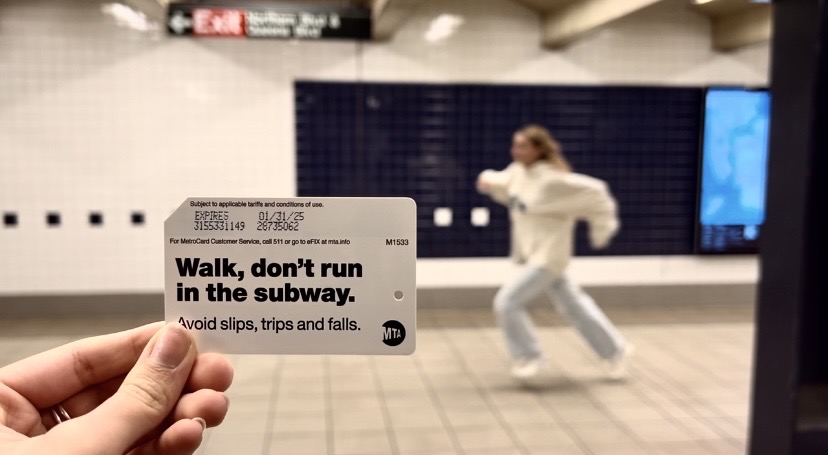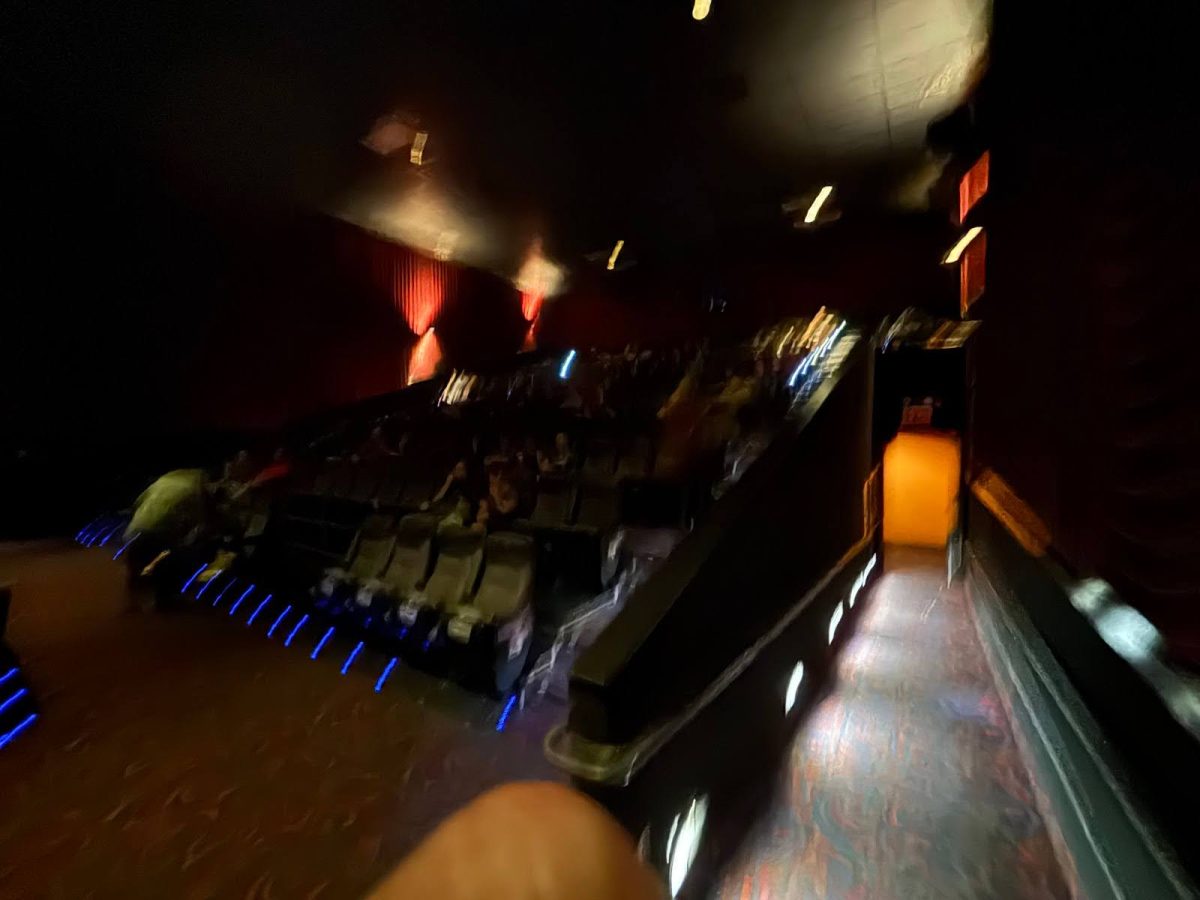A recent survey of high school students from the Academy of American Studies reveals a wide spectrum of self-assessed political knowledge, with responses ranging from “not at all” to “very educated.” The results demonstrate how different news sources might influence teens’ confidence levels and voting preferences, as well as insights into what could change their minds, if anything, on who they would vote for.
After Joe Biden stepped down from the 2024 presidential election, Kamala Harris took the lead as the democratic candidate against Donald Trump, who was running for his second term as the Republican candidate. It was a tense few months before the election, with Harris taking the lead in the polls towards the beginning, and Trump taking the lead by the end. Ultimately, Donald Trump won by an electoral college landslide, with 312 electoral votes to 226 for Harris.
In the survey, students filled out where they got their election information from. Across the board, social media was the #1 most popular news source, with national news in second place, and discussions at home in third.
Though, once the interquartile ranges for each of the self-assessed education levels were calculated, it was found that the spread of data was largest for students who felt somewhat informed on the election and smallest for students who felt barely informed. This means that students who felt somewhat informed were the most diverse in their news sources, while students who felt barely informed were more concentrated on one or two sources, namely social media.
Interestingly, students who felt well informed and students who felt not at all informed were tied in regards to their diversity of news sources, both concentrating on social media the most. Though, when compared to the other self-assessed education levels, their interquartile ranges are somewhere in the middle, so not too diverse, but also more diverse than others.
However, relying on a single news source can be potentially detrimental as biases and misinformation can often be presented in a single news outlet or social media page. As an article from Utah State University explains, “bias may prevent objectivity and often leads to an incomplete representation of information.” In order to prevent this, they explain that it’s better to use a variety of sources in order to diminish the effects of bias. Hence by seeking information from a diverse group of sources, individuals can develop a more comprehensive and balanced understanding of complex issues in the United States.
Crucially, as we take a closer look at the overall educational levels of the election of students, we see that 50 percent of student survey takers felt uneducated on the election. Some students still say they are lost, which leads to the question: how reliable are sources and how do they influence young minds on the election? Damien R., senior, said, “in social media so many people are influenced by so many facts and details. If you are able to get the right information, that goes into where students stand in the election and who they side with more.”
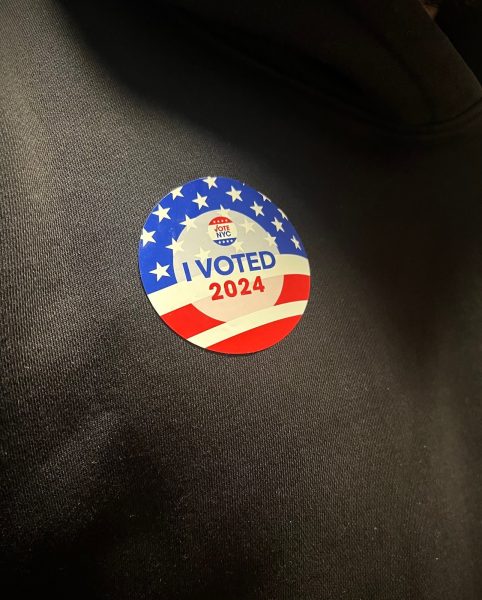
Students were also asked if there was anything that would change their vote. Of the responses, more than 65 percent of respondents said that there was nothing that could change their minds. For the remaining 35 percent, leading ideas that would change students’ minds about their vote were a shift in their elected candidates’ policies, engagement in the issues in Gaza, and a shift in ethics of the candidates themselves.
Acknowledging the statistics showing that most of the students felt barely educated about the election, this question further provides context about the concerns of awareness. The lack of information within the student body when it comes to these and other issues has led to an abstinence within political views. The New York Times article, “Why Is It Important for People With Different Political Beliefs to Talk to Each Other?” highlights the importance of hearing different political perspectives. Even if teens lean toward a certain direction, it’s important to have an open mind and have discussions with other sides of the political spectrum when it comes to politics.
To counteract the lack of knowledge in regard to the election, could it be beneficial for schools to educate their students on politics specifically during the election? When asked, junior Yasmin S. said that schools should educate students more in regards to politics and that “classrooms are too afraid of getting political.”
